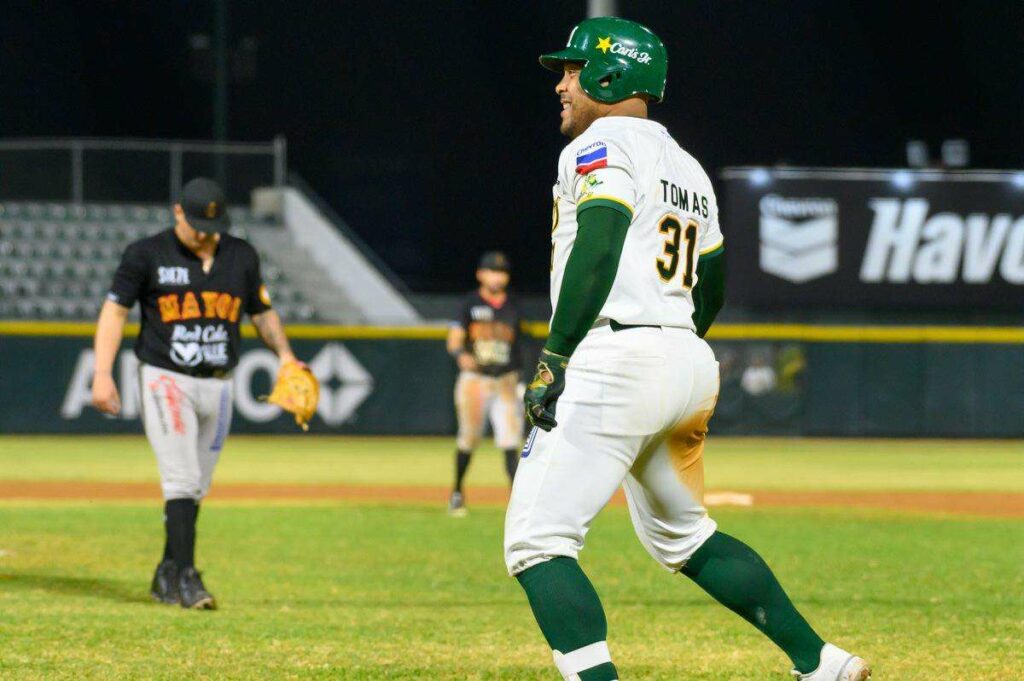Lula da Silva begins this Sunday a third term as president of Brazilwith the challenge of putting together a fractured countryimprove its international relations and fight against poverty with an economy that barely manages to recover.
A “herculean task” According to Geraldo Alckmin, future vice president of the regional power of 215 million inhabitants.
According to Lula’s transition team, four years of “irresponsible management” under the Bolsonaro government left Brazil in a lamentable state: hardship and setbacks in social, educational, health and Environment.
The formation of the cabinet Lula it was the most laborious of the last three decades.
(See: Petro will travel to Brazil in possession of Lula da Silva).
weeks of arduous negotiations finally allowed agree to the left allies that facilitated the electoral triumph with key centrist sectors to ensure future parliamentary support.
The congress The result of the October elections has more right-wing representatives and senators than before, but this will not necessarily prevent the pragmatic
Lula will govern through alliances, from the extreme left to the center-right.
‘Make Brazil happy again’
But Lula he comes across a country split in two, with 58 million Brazilians They didn’t vote for him.
Two months after the elections, radical bolsonaristas they continue to camp in front of the barracks to demand a military intervention.
Lula da Silva, President-elect of Brazil.
EFE
The victory of those who said they wanted “make Brazil happy again” was by a narrow margin: barely 50.9% of the votes, against 49.1% against his far-right adversary Jair Bolsonaro.
Lula shall also pacify relations with the Supreme Court, the pillar of democracy white brazilian of harsh Bolsonarist attacks.
(See: Unpublished security and arrival of Maduro: this is how they prepare for Lula’s rise).
Before taking office, the future Minister of Justice, Flavio Dino, He extended his hand to the judges.
The first measures of Lula will be about the environment, education and racial equalityif you follow the recommendations of your transition team.
It will also restrict the possession of weapons, which was strongly increased under Bolsonaro’s rule.
Often popular abroad, Lula will seek to reconcile Brazil with the countries that had bad relations with the far-right.
(See: Death of Pelé: this will be the last goodbye to the ‘king’ in Sao Pablo, Brazil).
the transition team had deplored ‘Brazil’s loss of prestige’.
The country also owes some 1 billion dollars to international institutions, including the UN.
The international community expects quick and forceful gestures from Lula on climate change and the environment, after the ravages of the Bolsonaro era, starting with the Amazon.
Last Thursday he named environment minister to an internationally recognized personality, Marina Silva.
“We will do everything necessary to reduce deforestation and the degradation of our ecosystems to zero by 2030,” promised Lula at COP27 last November.
However, in order to restore its credibility, Brazil will have to restore the control bodies and fight against corruption at the risk of colliding with the private interests of agribusiness.

Brazil.
EFE
another huge challenge It will be the economic and social situation, given that Lula’s priority is “to take care of the poorest people.”
approval by The congress of a constitutional amendment that allows him to finance his campaign promises — at least for a year — was good news.
The distribution of the popular ‘family bag’ from $113 per month to households poorest will not be constrained by the cap on public spending.
Lula may increase the minimum salary.
Some 125 million Brazilians are food insecure and 30 million hungry.
(See: This was the last moments of Pelé before his death).
However, the approved amendment “it did not solve its biggest challenge in the coming years, the fiscal problem, since it will maintain and expand expenses without an expectation of income of the same measure, and with the additional challenge of doing it without raising taxes”anticipates Joelson Sampaio, from the Getulio Vargas Foundation (FGV).
The markets fear an explosion in public debt, which already reaches 77% of GDP.
According to Alex Agostini, Austin Rating’s chief economist, the new administration will need to “propose a specific and efficient fiscal control framework”to avoid “a loss of confidence that causes a domino effect in the economy”, control inflation and maintain the recovery of employment and income, in a scenario of global economic slowdown.
“Another challenge will be to maintain the fall in unemployment (currently at its lowest level since 2015, 8.3%) and control inflation, in a context of shrinking world economy,” Agostini points out.
The state of the economy was one of the main concerns of the voters who elected the ex-metalworker to the front of Brazil.
AFP
















